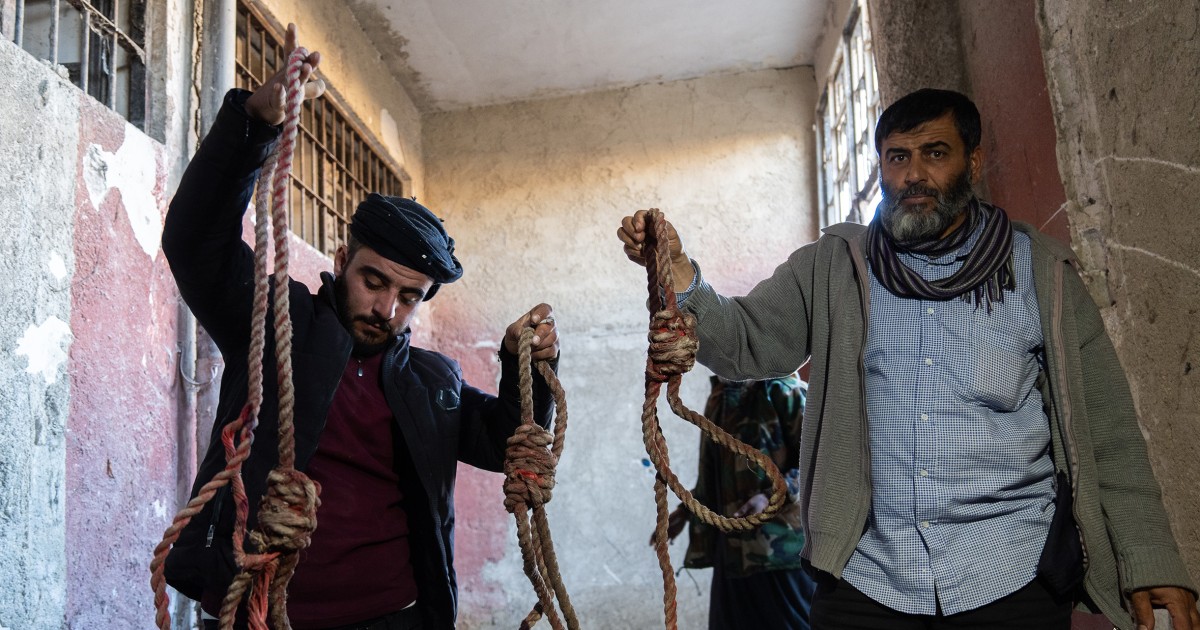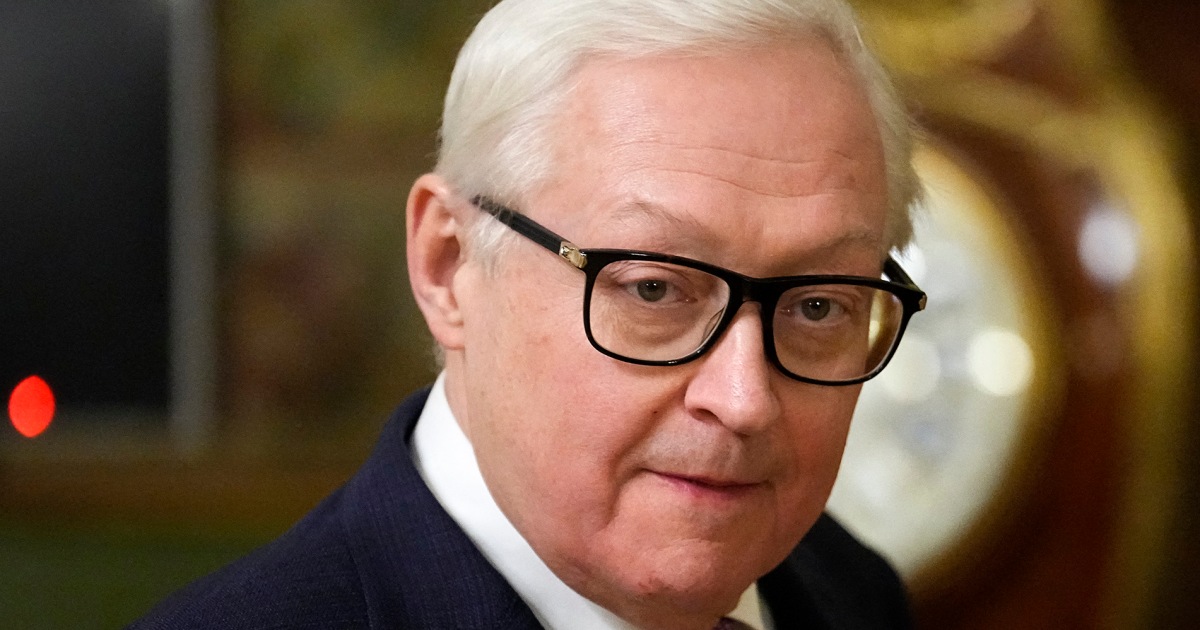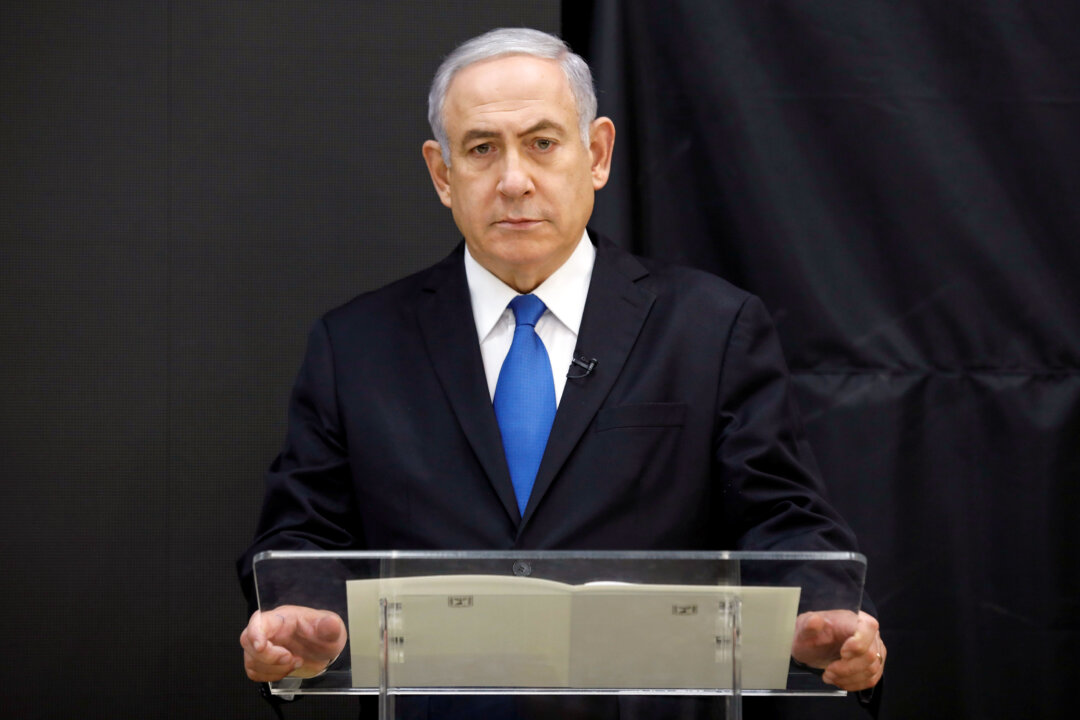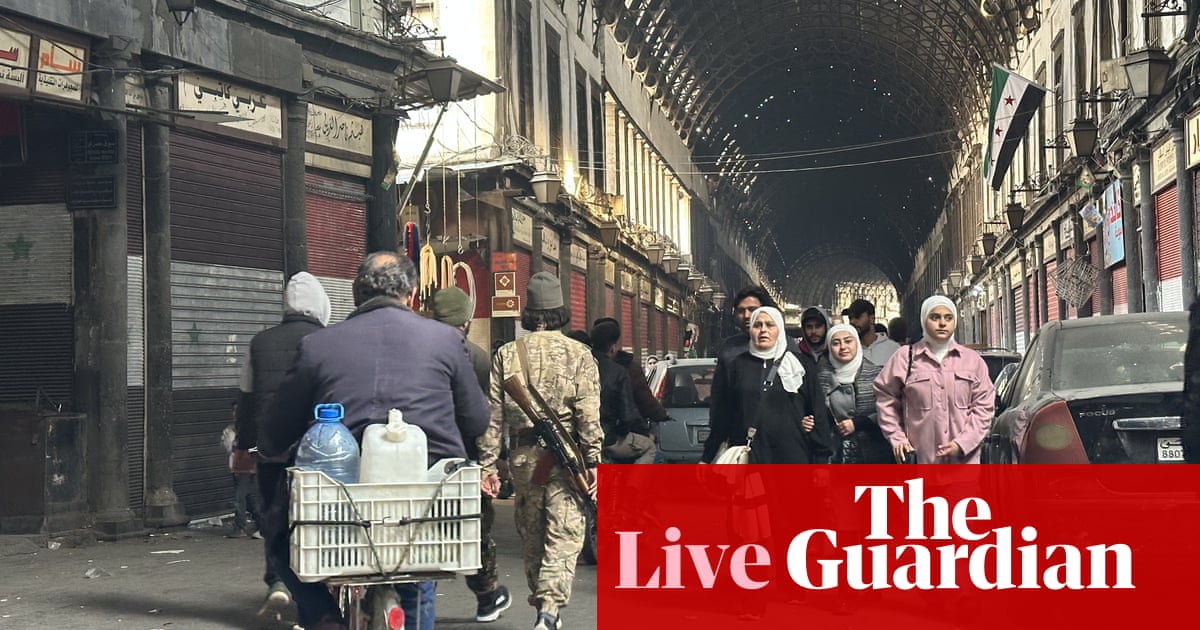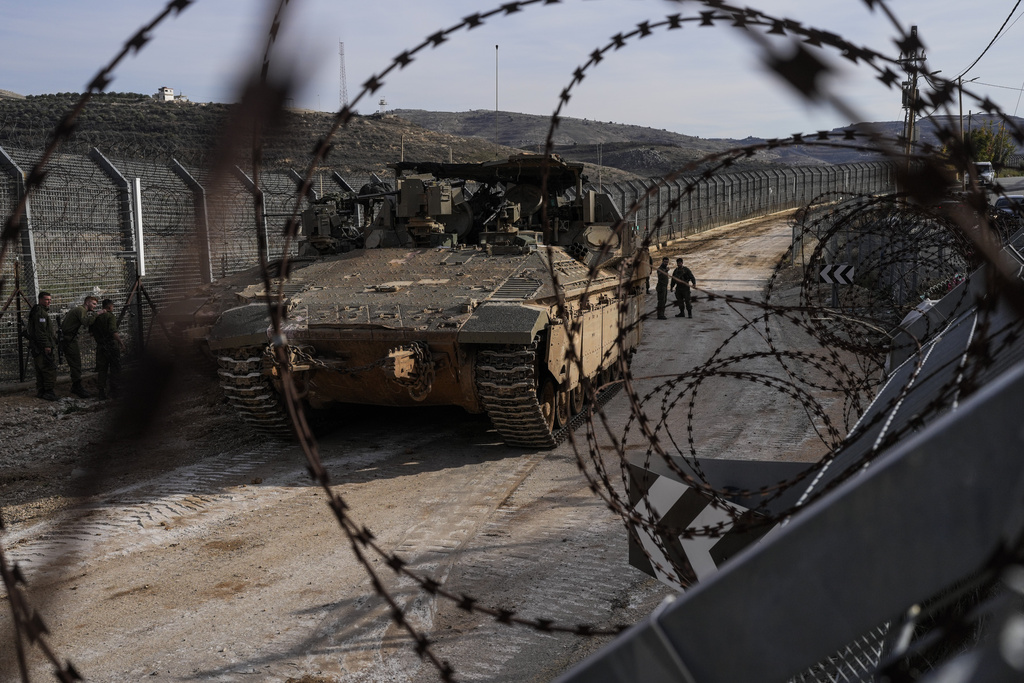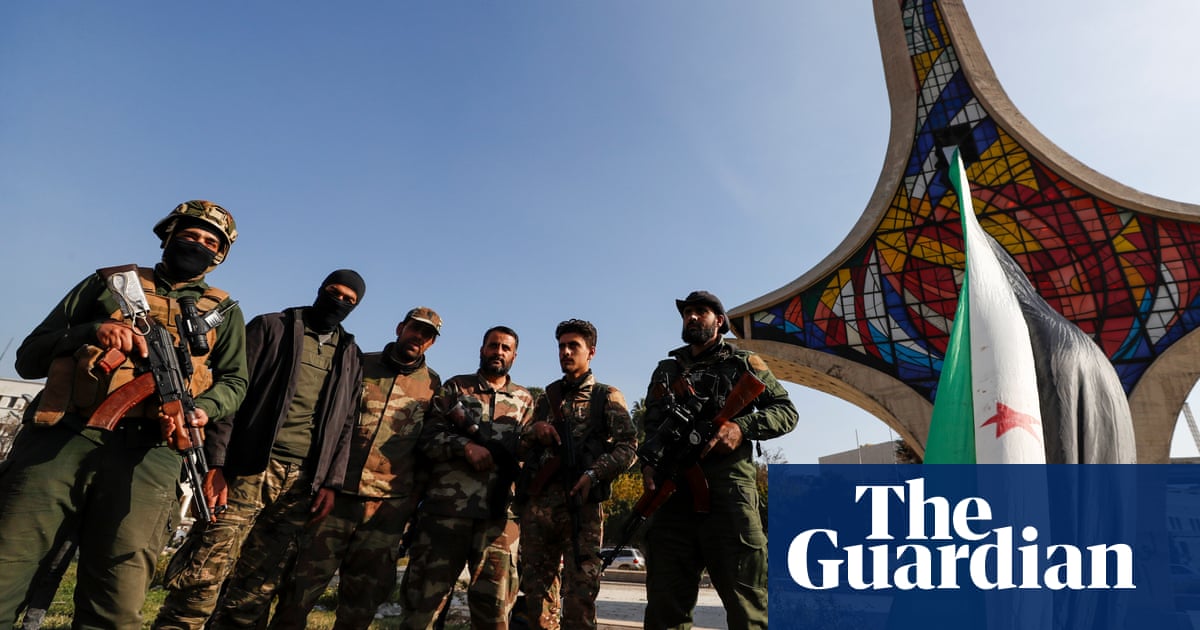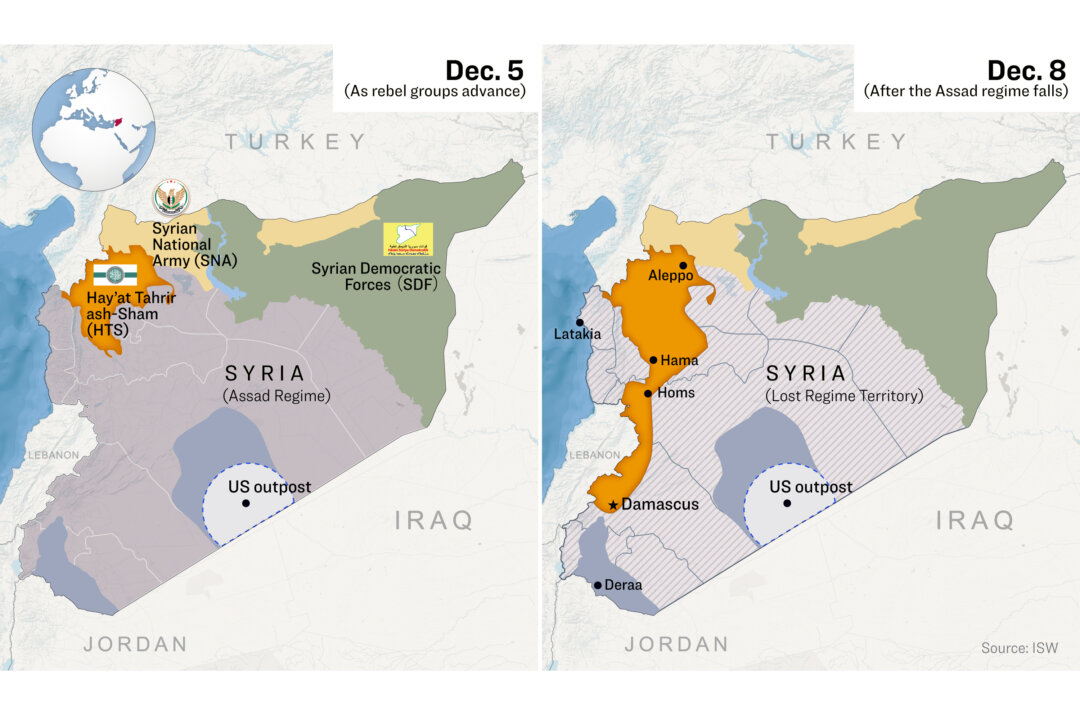Syria's Political Landscape in Flux After Assad's Ouster
Following the fall of Assad, the U.S. announces support for a new Syrian government while Israel conducts extensive airstrikes across Syria.
Subscribe to unlock this story
We really don't like cutting you off, but you've reached your monthly limit. At just $5/month, subscriptions are how we keep this project going. Start your free 7-day trial today!
Get StartedHave an account? Sign in
Overview
In the wake of President Bashar al-Assad's ouster, the U.S. expressed that it will recognize a new Syrian government, emphasizing the need for protection of minorities and women. Concurrently, Israel ramped up military operations, bombing hundreds of sites throughout Syria, claiming it was necessary due to perceived threats from insurgents. The situation remains volatile, with regions experiencing celebrated shifts in power yet fear of extremist resurgence.
Report issue

Read both sides in 5 minutes each day
Analysis
Analysis unavailable for this viewpoint.
Articles (34)
Center (18)
History
- 1y

 6 articles
6 articles






